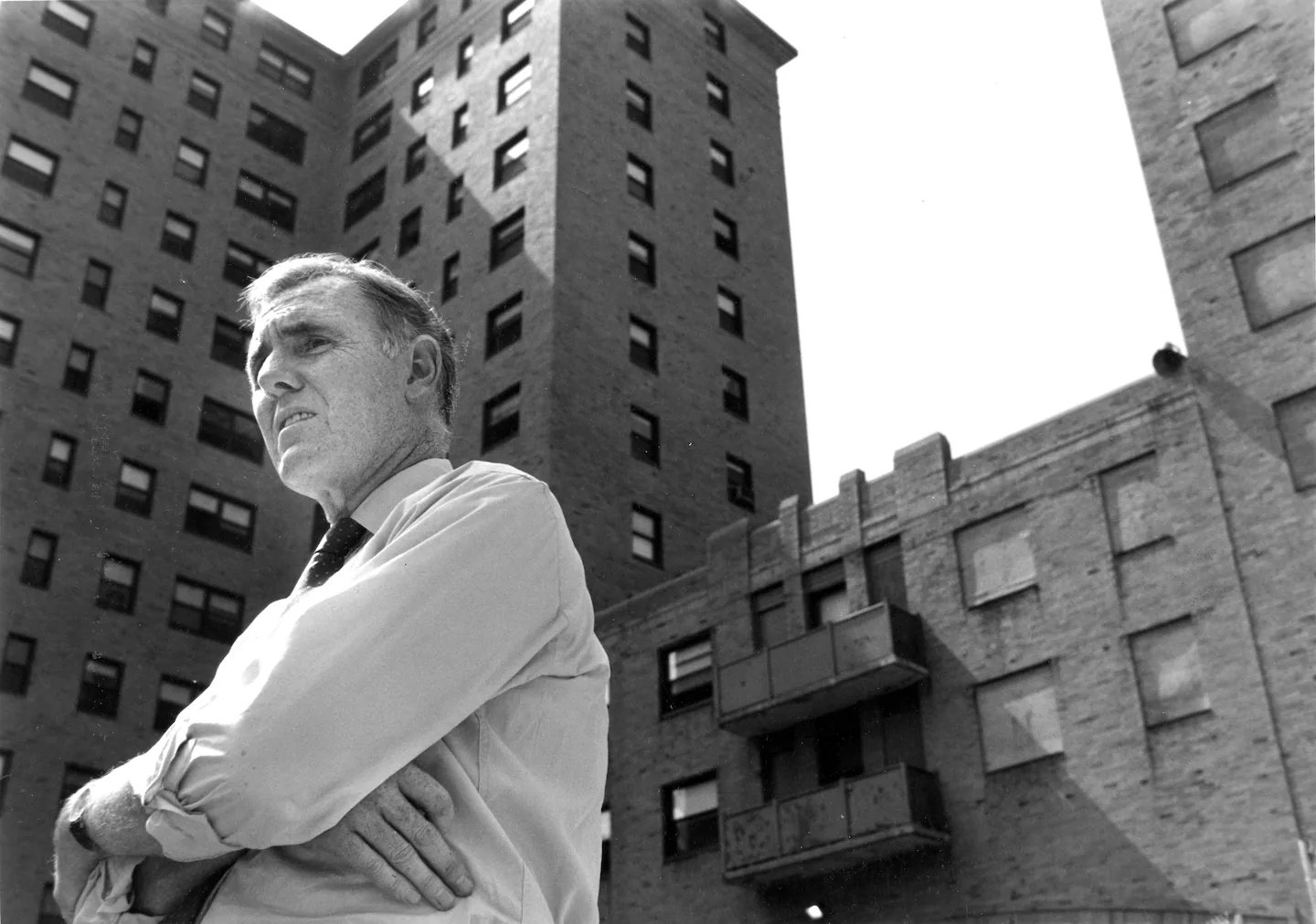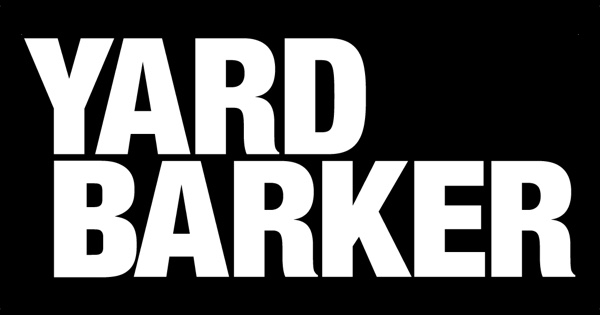Copyright The Boston Globe

After winning office in 1983 by defeating Mel King, the first Black mayoral candidate to make it to the final election round, Flynn worked hard to unify Boston. He confronted the racial conflict that tore neighborhoods apart during court-ordered school desegregation and took on difficult issues, including the desegregation of public housing. With humble roots — his father worked as a longshoreman and his mother was a cleaning lady — Flynn also found common ground between working-class voters and progressive activists. “That was Flynn’s success,” Gillis told me. He had “organizers and working-class neighborhood leaders … all working together despite and in spite of difference.” With today’s Democratic Party struggling to bridge a yawning gap between the working class and the elite, surely there’s a lesson in Flynn’s success on that score. But only if people can get past the Charles Stuart debacle, and some won’t be able to. When Stuart, a white man, killed his pregnant wife in October 1989, he said a Black man did it. Flynn accepted Stuart’s story, and the police manhunt that was launched in the aftermath turned every young Black man into a potential suspect. That was wrong. In 2023, Mayor Michelle Wu formally apologized to two men falsely linked to the murder, and the city recently paid $150,000 total to them. Since his book launch last spring, Gillis has spoken at many events, including one that I participated in last June as a co-panelist in Roslindale and one I attended on Sunday at the Dorchester home of Joyce Linehan, a well-known convener of political guests, who also worked for former Mayor Marty Walsh. The Gillis answer to the Stuart question is basically that mistakes were made, but they shouldn’t define Flynn’s entire legacy. “What defined Ray Flynn was uniting Boston racially against all odds,” he told me after Sunday’s event. Flynn, who is 86, has attended some of Gillis’s book events, including the book launch. He was supposed to be at Sunday’s event, but missed it because of health issues.. As a reader, I wish the book had more detail about what it was like to be in the room where tough policy decisions were made, including those involving the Stuart case. If it reads like an academic journal, that’s because it began as research for a doctoral dissertation and continued in that vein. Even so, it does raise important questions about the role of government when it comes to sharing the benefit of wealth and, by doing that, easing racial tensions. In the book, Gillis concludes that Flynn “is a progressive — a term he never used to describe himself — having steered Boston’s economy toward greater fairness and opportunity for poor and working-class citizens while embracing the city’s racial, ethnic, and cultural diversity.” He sees Flynn as a bridge to Wu, and even to Zohran Mamdani, the progressive candidate and Democratic nominee for mayor of New York City, who calls Wu his role model. The leap from Flynn to Mamdani may be one too far. But overall, I think Gillis is right. Flynn is accountable for everything that happened between 1984 and 1993, his years as mayor. That includes his mishandling of the Stuart case. But it also includes moving the city in a positive direction during difficult times and building a foundation for progressive change by putting the issues of economic inequality and social justice front and center. “We’re better on race than we were,” Gillis said in an interview after the Sunday event. “There’s more racial equality and more class inequality.” If everyone who believed Stuart back in 1989 raised their hand, there would be a lot of raised hands. And yes, they would be white. But people learn and grow. Today, Boston is not at war with itself. There is still racial inequity and much work to be done. But today, Stuart’s story would be subject to much more scrutiny from everyone, and especially from the mayor. Now, what does it take change the economic inequities that still break down along racial lines? Three decades after Flynn left office, that’s the question a progressive mayor must answer.



